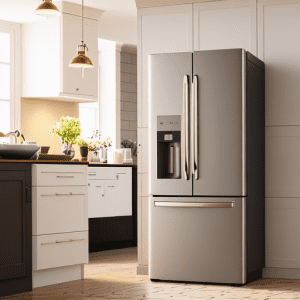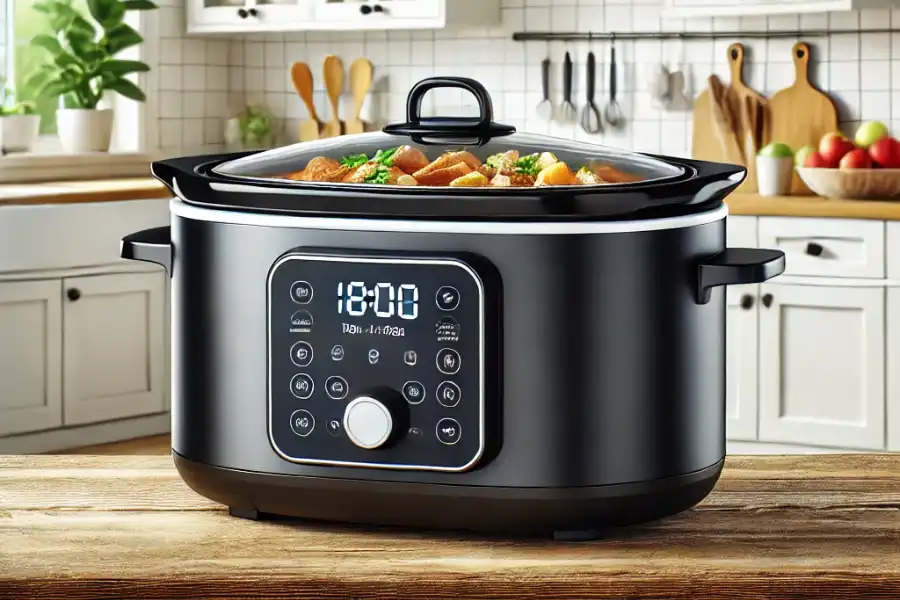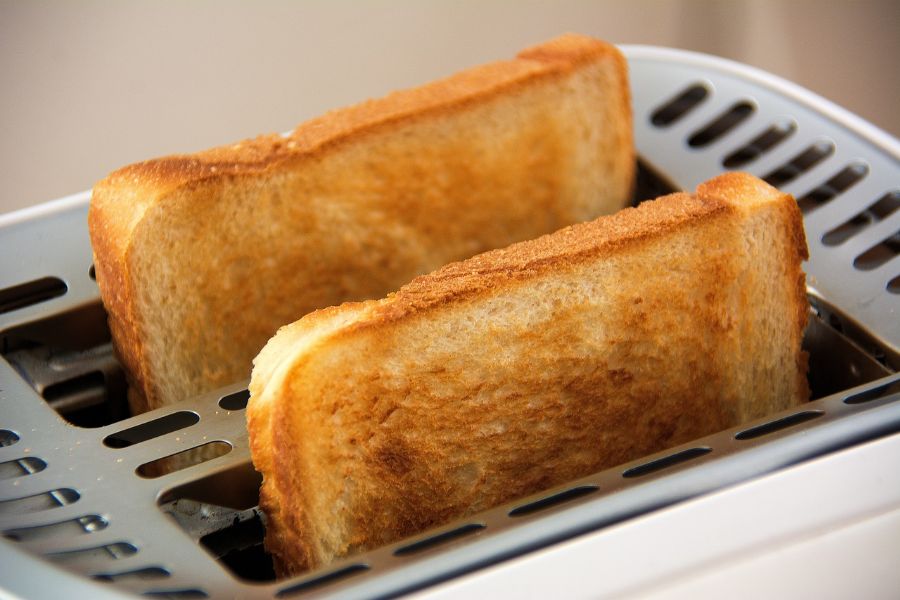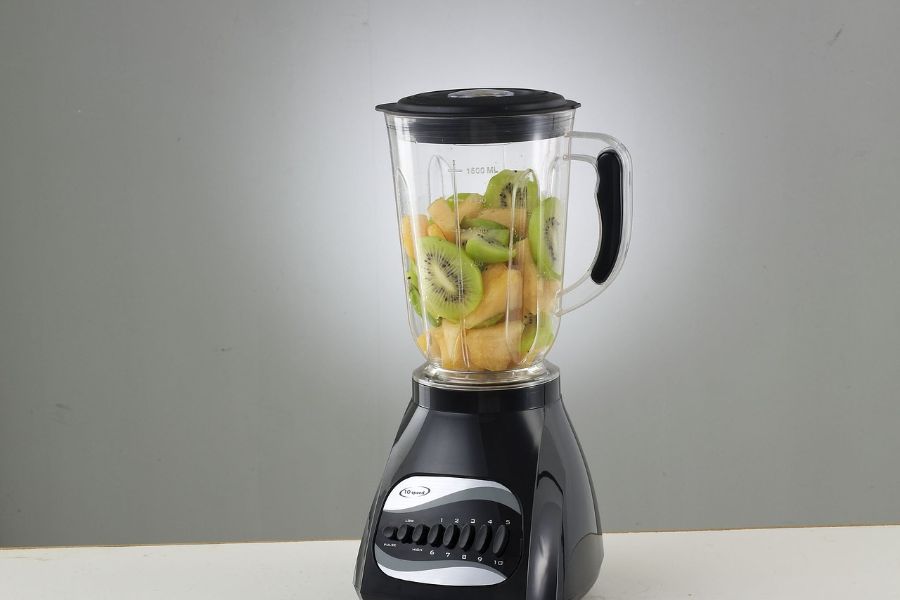What is the difference between smart home appliances and ordinary home appliances?
When asked about the difference between smart home appliances and ordinary home appliances, I couldn’t help but recall the ancient sages who once said: “To do a job well, one must first sharpen one’s tools.” In today’s era of information explosion, smart home appliances are indeed the “sharp tools” in our lives. They are based on ordinary home appliances but are endowed with more intelligence and convenience.

First and foremost, the fundamental difference between smart and ordinary home appliances lies in the word “smart.” Smart home appliances, equipped with built-in sensors, microprocessors, and communication modules, can achieve self-regulation, remote control, and even learn user habits. On the other hand, ordinary home appliances, although fully functional, often require manual operation and lack intelligent interactive experiences.
For example, a smart refrigerator can automatically adjust the temperature based on the storage conditions of food and even remind users which foods are about to expire; a smart washing machine can select the most suitable washing program according to the material of the clothes. These functions are difficult to achieve in ordinary home appliances.
According to data from the International Data Corporation (IDC), it is expected that by 2025, the global smart home device market will reach 237 billion US dollars. This figure not only reflects the vigorous development of the smart home appliance market but also indicates that smart home appliances will become an indispensable part of our lives.
However, the development of smart home appliances has also brought new challenges. Issues such as data security and user privacy protection are becoming increasingly prominent. As an expert in the new energy industry, I believe that the future of smart home appliances is not only in the richness of functions but also in how to combine with new energy technology to achieve efficient use of energy and sustainable development of the environment.
For instance, smart home appliances can be combined with smart grids and renewable energy sources such as solar and wind energy to achieve self-sufficiency in energy. This not only reduces dependence on traditional energy sources but also reduces the energy consumption costs for users.
Finally, I would like to quote Confucius: “Those who know are not as good as those who love, and those who love are not as good as those who enjoy.” The development of smart home appliances is precisely the process of moving from “knowing” to “loving,” and ultimately to “enjoying.” We look forward to smart home appliances being not just tools but also partners in enhancing the quality of life and enjoying the pleasure of technology.
Thank you, everyone!













Post Comment